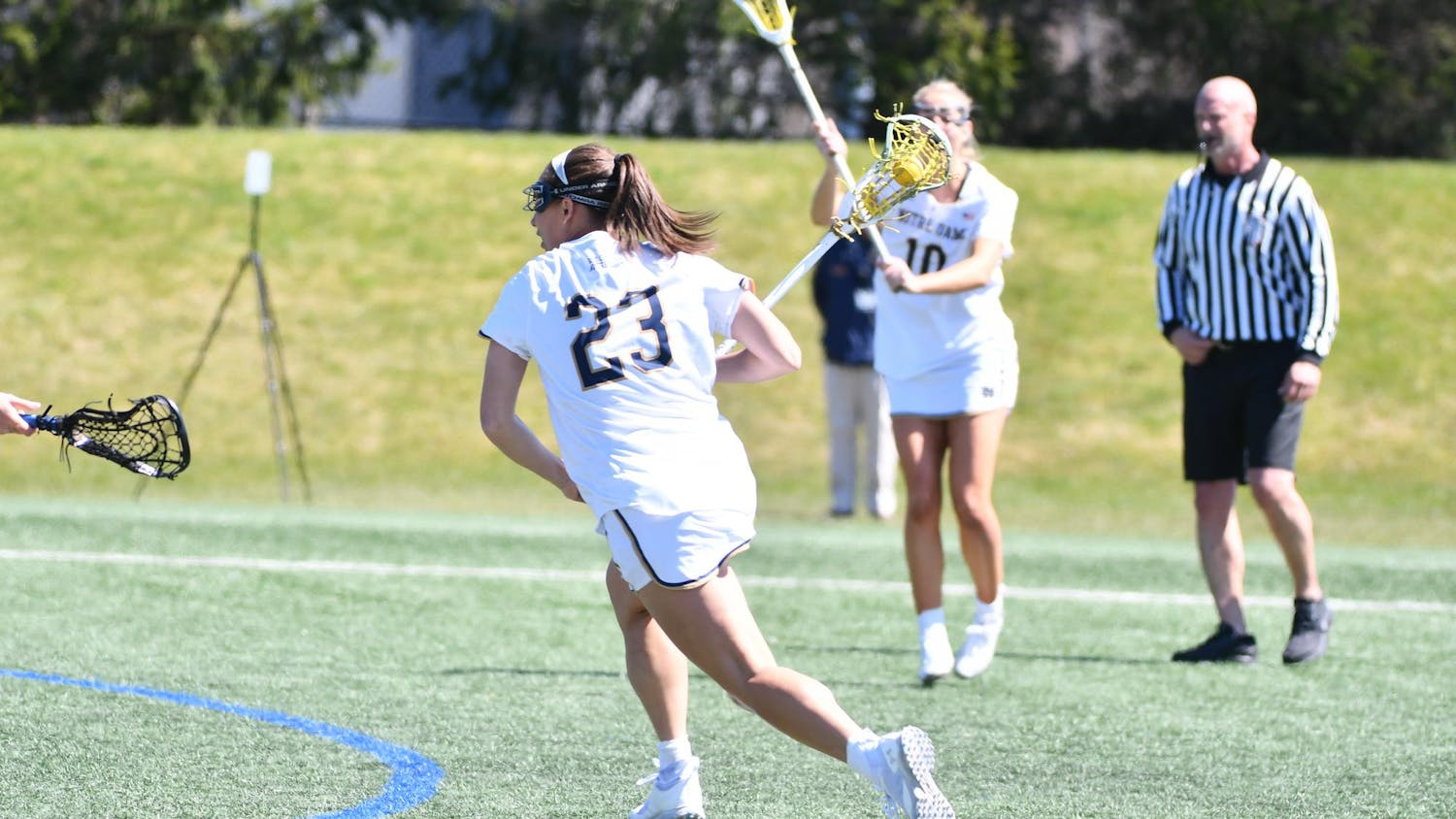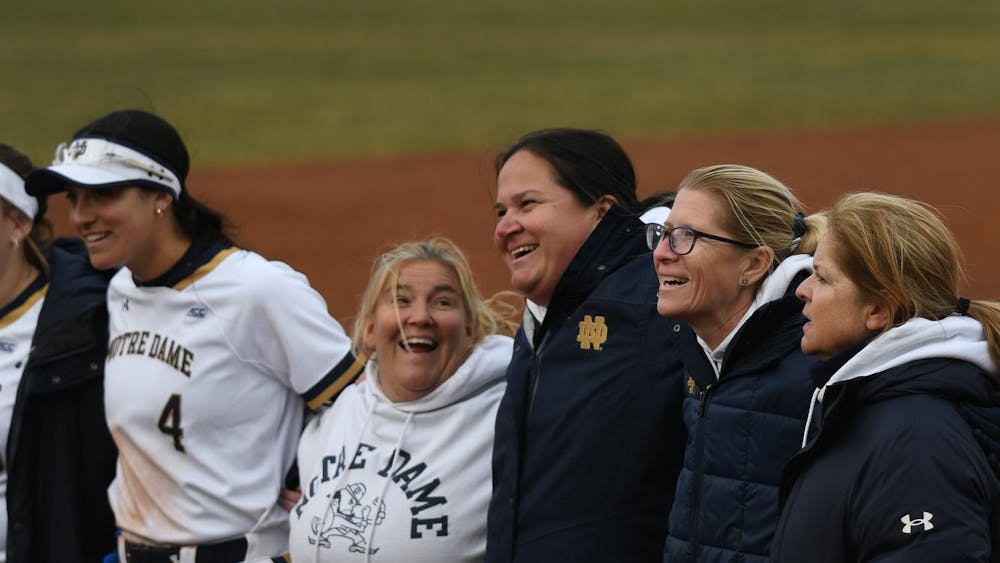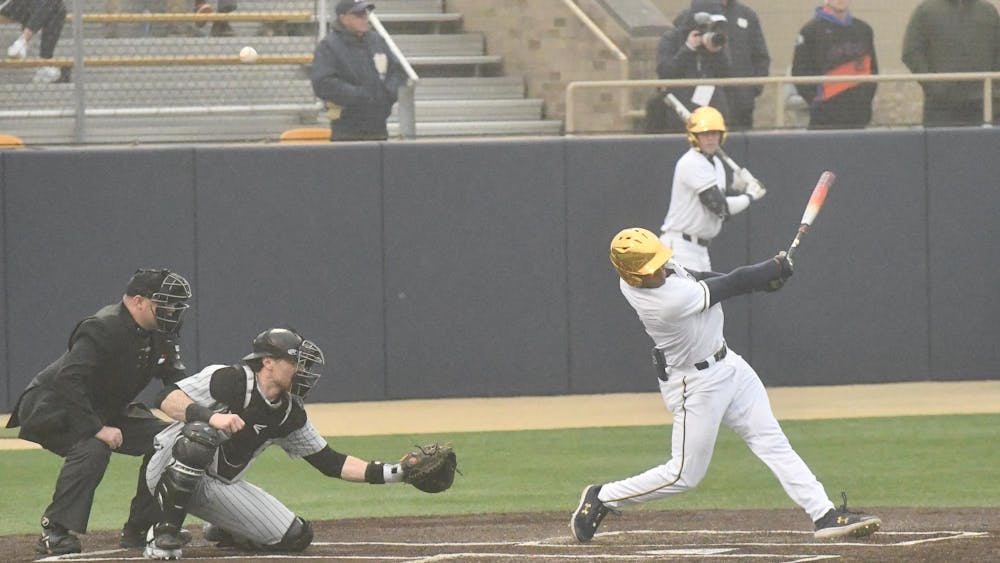Between all the “hot takes” and colorful personalities this summer, there’s often not a lot of room for anything else.
People like LaVar Ball, Stephen A. Smith or Colin Cowherd often steal headlines and as yesterday’s column pointed out, they don’t always deserve the attention.
But lost in the headlines of the summer was UCLA quarterback Josh Rosen and his assertion that “football and school don’t go together.”
There were a few columns written about it (I recommend Pat Forde’s piece), a few people used Rosen’s statement to make jabs at Alabama’s perceived lack of academic rigor, but by and large, Rosen’s comments didn’t garner that attention they deserve.
The relationship between Division I athletics and academics is complicated, but also extremely important for the future of college football.
Because Rosen is right. Athletics and academics don’t go together on a fundamental level.
The biggest reason is that the system as it’s currently constructed does not benefit the players. At all.
I can already hear some of you saying, “but they’re getting paid via scholarships to get a great education. We shouldn’t feel sorry for these athletes.”
But if you look closely at the education athletes get, are they really getting a fair shot?
Athletes are constantly required to take time away from studying for practice, workouts, traveling, media availability and everything in between. That lost time directly hinders performance in the classroom.
And beyond just grades, athletes don’t get a fair shake at the college experience. The time constraints placed on them by their sport means they can’t easily join extracurricular activities or socialize outside of their sport as well as other students.
Another point Pat Forde’s column emphasized is how athletes, especially for money-making sports like football and basketball, are steered toward less-intensive majors. Even in less extreme cases, athletes can’t get into their desired class because the class conflicts with workouts or practice.
Summer jobs and internships, which are often the key to landing meaningful employment after graduation, are harder for athletes to find because most sports seasons cut into the summer months and many companies don’t want to take on short-term interns.
I’m not saying there are no athletes who find time to join clubs or take on more intensive majors, but the deck is very much stacked against them.
But instead of just laying out why Rosen is right, I’d rather lay out why the relationship between athletics and academics should be at the forefront of the sport’s mind.
To believe there’s no problem is naive and ultimately hurts the lives of the players you root so fervently for on Saturdays.
As a college football community, something needs to change. It’s easy to live in the fiction world where athletes all go to class and get good grades and are still able to perform up to the expectations of their respective fanbases.
But it’s not 1960 anymore. The work and conditioning it takes to be an elite athletic program today is massively greater than it did back in the day.
This isn’t a conversation about whether athletes should be paid. This is a conversation about whether the current model of having student-athletes is at all viable. The “student” part of the student-athlete is becoming untenable, as schools will continue to push athletic results over classroom performance because they depend on the money that the sports bring in.
To think schools, in the currently constituted system, will look out for the student-athlete in the face of potentially millions of dollars of profits is also naive.
There are only two solutions in my mind and we, as fans of college athletics have to choose.
Do we choose to change the system to give athletes an actual shot at being students by giving them more time in the classroom and the library by reducing practice time?
Or do we ditch the “student” label and stop requiring elite athletes to go to class and allow them to simply focus all their attention on the field?
Both paths presents cons, and the answer to that is the subject of another column.
But Rosen, and other college athletes brave enough to call it like it is, shouldn’t be ignored. Their concerns should be taken seriously by fans, coaches, administrators and teachers.













